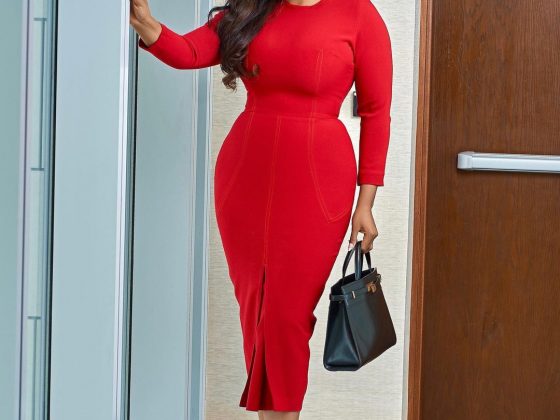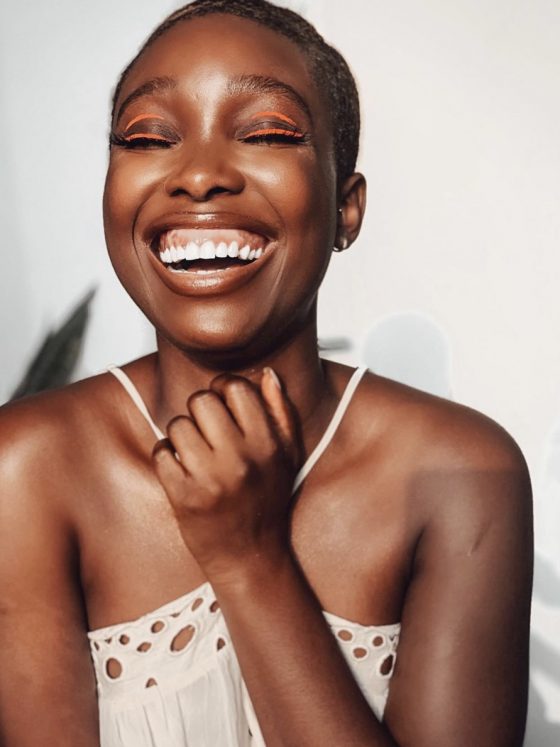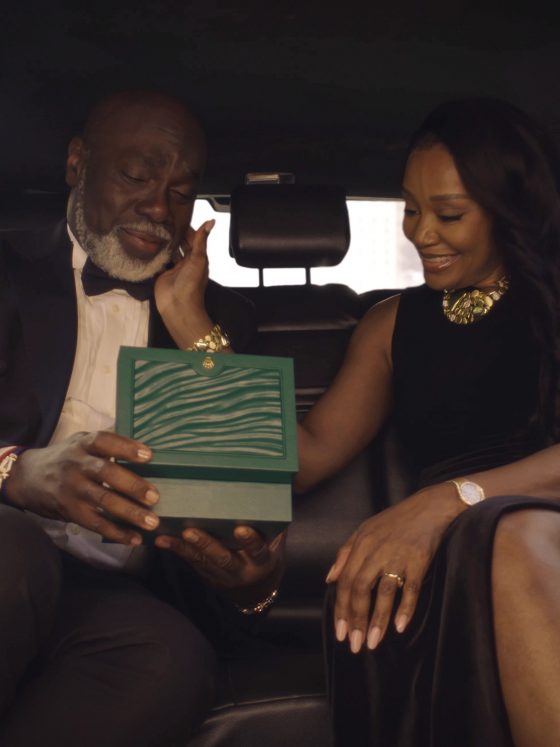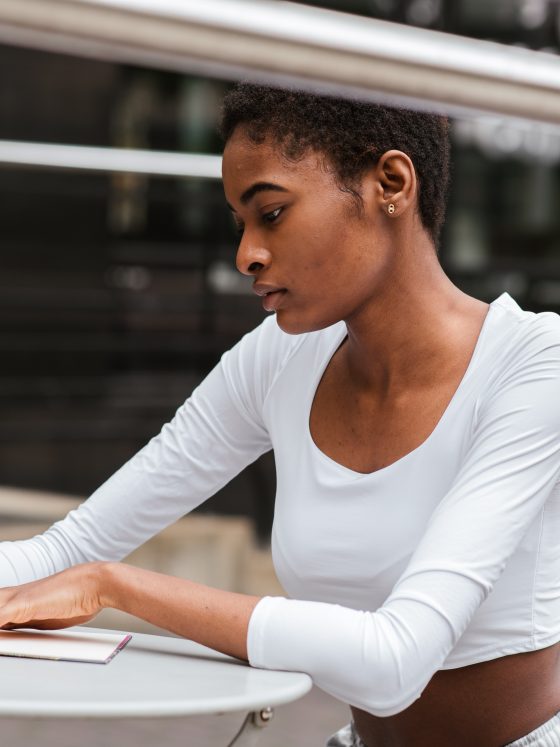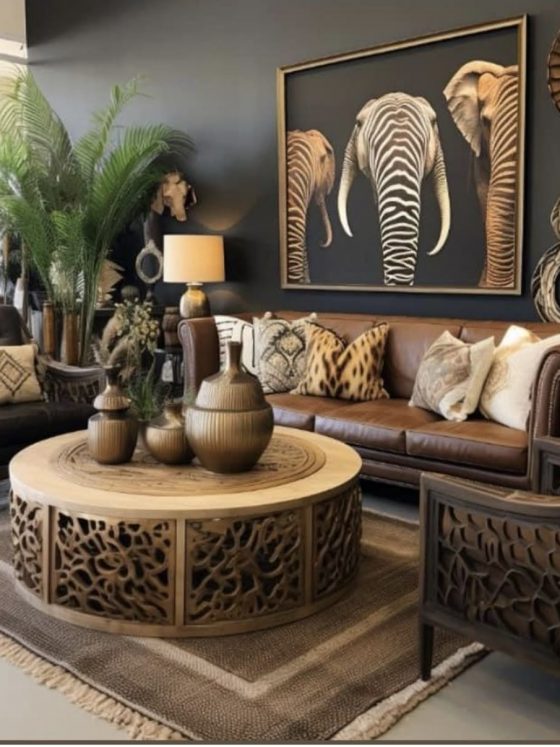When it comes to relationships, the idea of an “appropriate” age gap has long been a subject of fascination, debate, and, admittedly, a bit of judgment. Whether it’s celebrity couples with significant age differences or that couple next door who seem like they’ve been together forever despite their ten-year gap, people have their opinions.
But what’s the truth behind it all? Is there really an ideal age gap for a relationship to thrive, or is it simply a matter of compatibility, timing, and a little bit of luck?
Relationships with age gaps have been around for as long as relationships themselves. Historically, it was common for couples to have a sizable age difference, often with the man being much older than the woman. But times have changed. Social norms are evolving, and today, age-gap relationships come in every form you can imagine: older men with younger women, younger men with older women, and everything in between. So, what’s the magic number? Does a specific age gap make for a better match, or is it just a myth?
Psychologists have spent years studying age differences in relationships, and research provides some interesting insights. A study from Emory University, for example, analysed 3,000 married couples and found that couples with a one-year age difference had only a 3% chance of divorce. But as the gap widened, the risk increased. A five-year difference brought an 18% risk, while a ten-year difference bumped it up to 39%. For couples with a twenty-year difference, the risk of divorce was an eye-opening 95%. Numbers like these suggest that smaller age gaps may indeed be more sustainable. But then again, statistics can’t account for the nuances of individual relationships—nor can they predict how love, commitment, and shared experiences will factor in.
One reason age-gap relationships might struggle is that partners at different life stages may have conflicting priorities. Imagine a 25-year-old just starting a career, full of energy and ambition, paired with a 45-year-old who’s likely well into their professional life and perhaps even contemplating retirement. That difference in priorities and perspectives can lead to friction. When one partner wants to travel the world and explore, the other might be more focused on stability, investments, or even planning for their children’s college fund. These life-phase differences can be challenging to bridge, but for the right couples, they can also add a unique dimension of growth and learning.
And what about maturity? People often assume that age equals maturity, but anyone who’s ever met a 40-something acting like a teenager knows that’s not always the case. Emotional maturity is more about life experiences and self-awareness than the number on a birth certificate. This is why some couples with significant age gaps actually thrive—they complement each other in ways that bring out the best in both.
Of course, we can’t ignore societal pressures. Age-gap relationships often face scrutiny, especially when it’s a younger woman with an older man. People speculate about motives, assuming one partner is in it for financial stability or that it’s some sort of midlife crisis move. And while this sometimes might be true, dismissing these relationships as shallow overlooks the real connections that can form between people, regardless of age. Interestingly, in recent years, there has been a rise in relationships where women are the older partners. Celebrities like Lola Omotayo-Okoye and Peter Okoye, who have an eight-year gap, have normalised the idea that age doesn’t dictate who we fall in love with.
But what do “regular” people think? A survey by Elite Singles found that 70% of men and women believed an age gap of five years or less was ideal. This may come from a preference for shared cultural references, mutual friends, or simply the ease of relating to someone with similar life experiences. However, the same survey also found that 25% of respondents didn’t think age mattered at all, believing love and compatibility transcend numbers.
In the end, perhaps the question shouldn’t be, “What age gap is most appropriate for relationships?” but rather, “What’s appropriate for you?” Every relationship is unique. Some couples need the balance that a similar age provides, while others thrive on the energy and perspective that a gap brings. What works for one pair may not work for another. Compatibility, shared goals, and a willingness to navigate life’s ups and downs together are far more important than a formulaic age difference.
The answer is far from black and white, but maybe that’s the beauty of it. Whether your partner is five, ten, or fifteen years older—or younger—than you, the true measure of success lies in how well you connect, respect, and support each other. Love doesn’t come with a rulebook, and in the end, we’re all just figuring it out as we go. As a wise soul once said, “Age is an issue of mind over matter. If you don’t mind, it doesn’t matter.”


